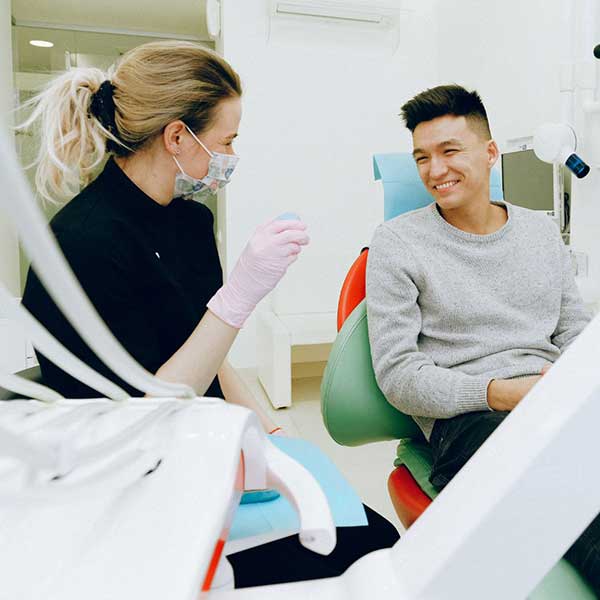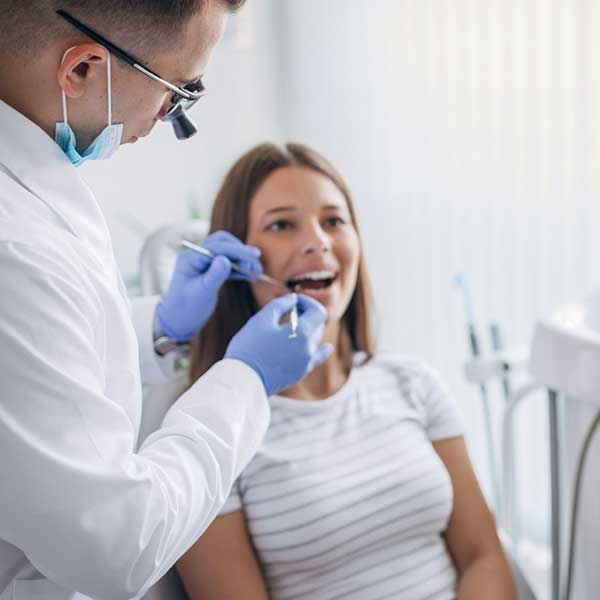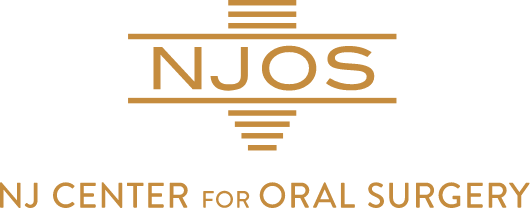Platelet Rich Plasma (PRP)
PRP For Oral Surgery In Caldwell & Florham Park NJ
PRP therapy involves extracting a small amount of your blood, processing it to concentrate the platelets, and then applying this potent mixture to the surgical site. These concentrated platelets release growth factors that play a crucial role in tissue repair and regeneration. By incorporating PRP into our treatments, we can significantly enhance the body’s natural healing abilities, leading to faster recovery times and improved outcomes for our patients.
Key Benefits of Platelet Rich Plasma (PRP)
- Accelerated Healing: PRP stimulates the body’s natural healing processes, potentially reducing recovery time by up to 50% in some cases.
- Reduced Pain and Swelling: The growth factors in PRP help minimize post-operative discomfort and inflammation, enhancing patient comfort.
- Improved Tissue Regeneration: PRP promotes the formation of new blood vessels and collagen, leading to healthier and stronger tissue repair.
- Enhanced Implant Success: PRP/PRF can improve the success rate of dental implant procedures by promoting faster and stronger bone growth around the implant site.
- Lower Risk of Infection: The antimicrobial properties of PRP can help reduce the risk of post-operative infections.
- Versatile Application: PRP can be used in various oral surgery procedures, including tooth extractions, bone grafting, and implant placements.
PRP FAQ
What is Platelet Rich Fibrin (PRF)?
Platelet-Rich Fibrin (PRF), is a more advanced form of PRP that contains not only platelets but also white blood cells and other essential biological components. The material is created using a slightly different technique, which involves a slower process to allow the blood to clot and form a fibrin matrix. This results in a more natural and longer-lasting form of platelet concentrate that can help patients heal after several medical and dental procedures, including bone grafting and addressing facial trauma.
What to Expect During Consultation

When you visit our office for a PRP consultation, our skilled oral surgeon will conduct a thorough examination of your oral health and discuss your specific needs. We’ll evaluate your medical history and current condition to determine if PRP therapy is suitable for your case. This comprehensive assessment allows us to create a personalized treatment plan that incorporates PRP to maximize your surgical outcomes.
During this appointment, we’ll explain the PRP procedure in detail, discussing its benefits and how it can enhance your specific treatment. We encourage you to ask questions and share any concerns you may have about the procedure or your oral health. Our team will work closely with you to ensure you fully understand the process and feel confident in your decision to incorporate PRP therapy into your treatment plan.
What to Expect During the Procedure
Before the surgery begins, a small amount of your blood will be drawn—similar to a routine lab test. While you’re being prepped for the procedure, your blood is spun in a centrifuge to separate out the platelet-rich portion. Once the surgical area is ready, your surgeon will apply the PRP directly to the site, either alone or combined with bone graft material, depending on your treatment. You won’t feel the PRP application itself, but it works behind the scenes to support faster healing, reduce swelling, and improve overall recovery. The rest of your procedure will continue as planned, with the added benefit of enhanced tissue repair thanks to the PRP.
The entire process typically takes about 30-60 minutes and can be performed in the dentist’s or oral surgeon’s office. PRP/PRF can be used in a wide range of dental and oral surgeries, including bone grafting, tooth extraction, periodontal surgery, and dental implant placement.
What to Expect for Recovery from PRP Treatment

Recovery from a procedure enhanced with PRP therapy is often smoother and faster compared to traditional approaches. Many patients report less pain and swelling in the days following their surgery. While individual experiences may vary, you can generally expect a more comfortable recovery period with potentially fewer complications.
In the first few days after your procedure, you may notice a quicker reduction in swelling and discomfort compared to what you might expect from oral surgery without PRP. It’s important to follow all post-operative instructions provided by our team, including any prescribed medications and oral care guidelines. These instructions are designed to support the healing process and maximize the benefits of the PRP therapy.
As healing progresses, you may observe faster tissue repair and regeneration. This can be particularly noticeable in procedures involving bone grafting or implant placements, where the enhanced healing properties of PRP can contribute to better integration and stability of the treated area.
We’ll schedule follow-up appointments to monitor your progress and ensure optimal healing. During these visits, we’ll assess the surgical site and discuss any changes you’ve noticed. Many patients report feeling more comfortable and seeing visible improvements in their recovery earlier than expected.
It’s important to maintain good oral hygiene practices throughout your recovery, being gentle around the surgical area as instructed. Your dedication to post-operative care, combined with the regenerative properties of PRP, will contribute to the best possible outcome for your oral surgery procedure.
At our oral surgery practice, we’re committed to providing exceptional care and leveraging advanced techniques like PRP therapy to enhance your treatment experience. Our expertise in oral and maxillofacial procedures, combined with the healing power of PRP, ensures that you receive the highest quality care for optimal results. Contact us today to schedule your consultation and discover how PRP treatment can benefit your oral surgery procedure.
Is PRP/PRF Safe?
Yes, PRP/PRF is generally considered safe for dental treatments since it uses the patient’s own blood, meaning there’s minimal risk of infection or allergic reaction.
Is PRP/PRF painful?
The PRP/PRF procedure is generally not painful since it only involves drawing a small amount of blood. However, there may be some discomfort or swelling at the injection site following the dental procedure. Discuss pain management options with your dentist.

